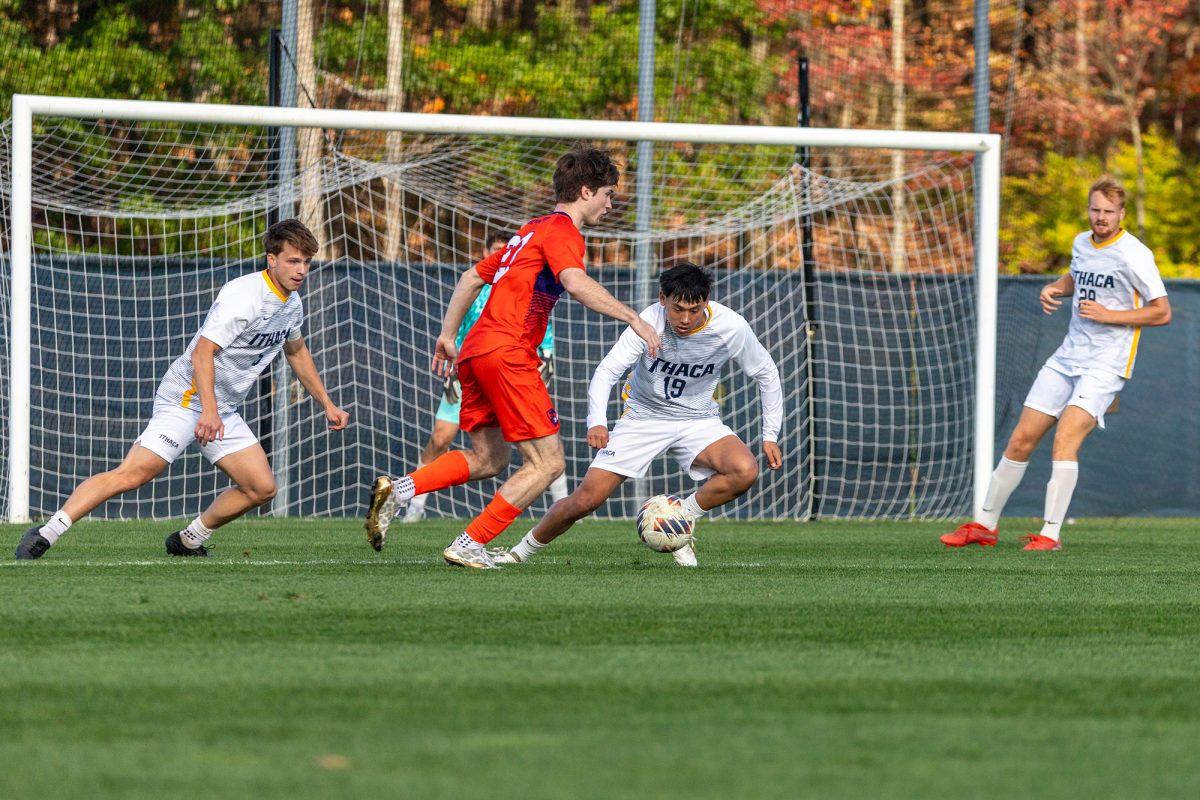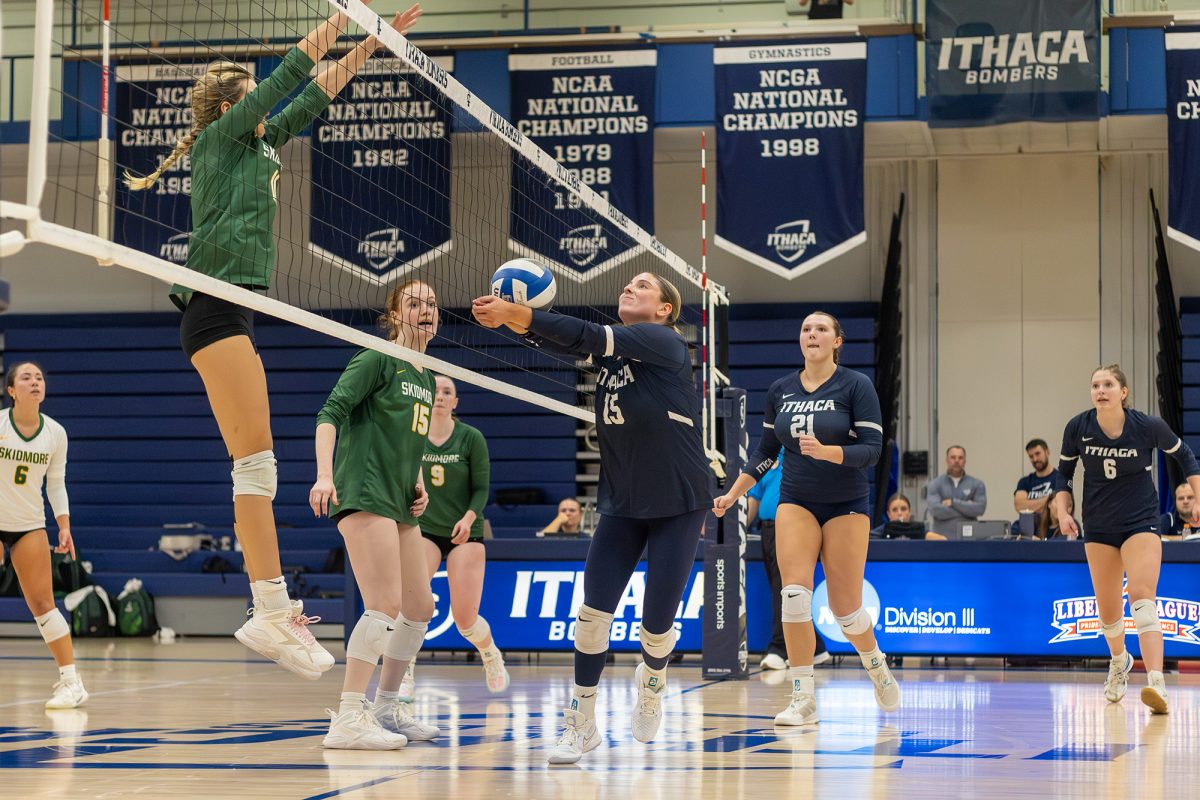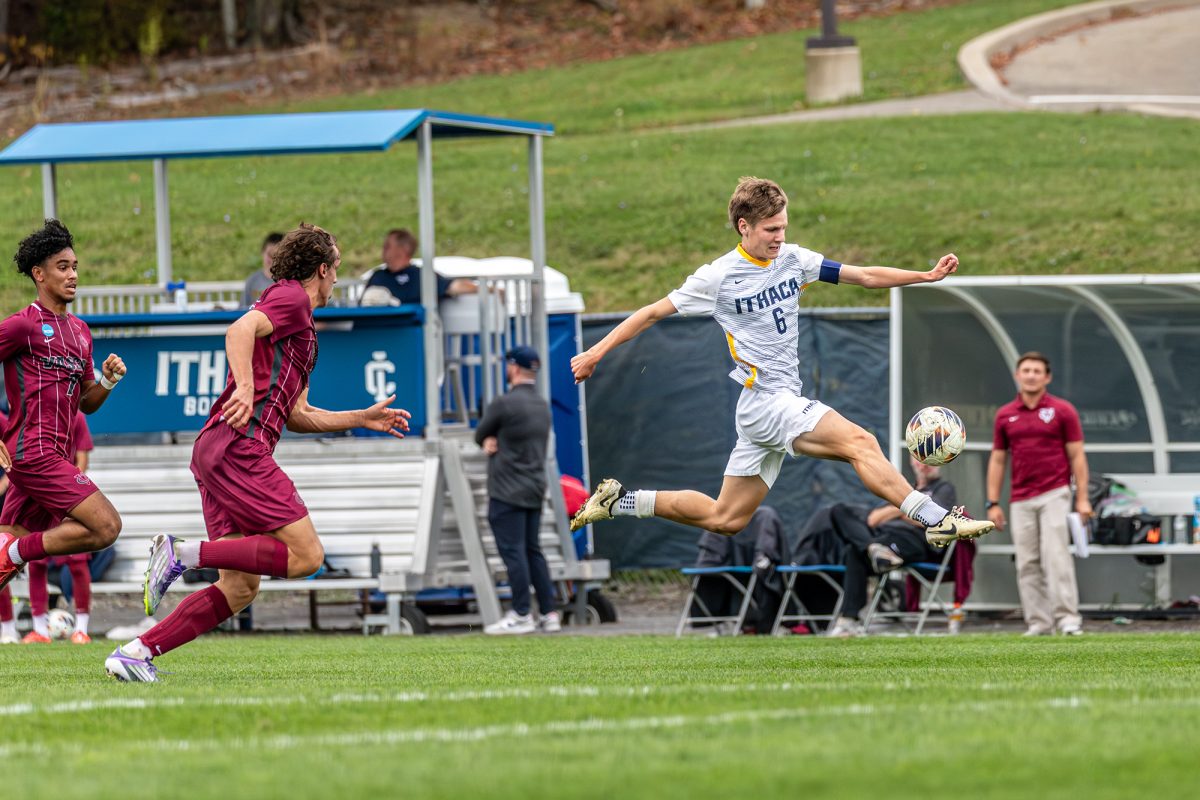Thursday brings the beginning of the most over-hyped and delusional self-important sporting event of the year, the NFL draft.
Don’t get me wrong, I fully realize the importance of the draft to the long-term success of a franchise. This is true for every major sport. However, the problem is that when you sit down to watch any other sporting event, the game ends and you know who won and who lost. In the case of the draft the winners and losers will not be decided until years down the road. Yet we insist on getting instant analysis and assigning grades to how every team did long before any of these draft picks sign with their teams, much less ever suit up for a game.
Take the 2006 NFL draft for example. Reggie Bush was widely expected to be taken first overall. The Houston Texans shocked everyone by drafting then-little-known Mario Williams and were widely pilloried for it, even drawing comparisons to the Portland Trail Blazers taking Sam Bowie (who is he?) over Michael Jordan (you may have heard of him).
After the players’ rookie season in 2007, it seemed like the correct pick was none of the above, as Vince Young won the offensive rookie of the year award. Now look at those three players: Bush is playing for his third team in four years, Young hasn’t taken a snap since 2011 and Williams signed the richest contract for a defensive player in NFL history. It looks like the Texans were right all along.
ESPN will air 15 hours of live breathless coverage of what is essentially Roger Goodell announcing a name from a podium, a newly minted millionaire smiling for a few pictures with the commissioner and then an extended period of 10 minutes to wait until the process is repeated.
The poster boy for the insta-analysis is Mel Kiper Jr., the leader of ESPN’s table of draft “experts.” He never played, coached or scouted football, even at the high school level. He is not considered an expert of college football or the pro game, and yet he is supposed to be the preeminent voice of how college players will perform in the pros. The Harvard College Sports Analysis Collective did an analysis to compare how Kiper and his sidekick Todd McShay’s rankings of college players predicted their success in the NFL and concluded that the two were both distinctly mediocre at predicting future success.
So before you wildly cheer your team’s first round selection or lustily boo it like Philadelphia fans did when the Eagles drafted Donovan McNabb in 1999, just realize that in a few years, you are just as likely to feel like an idiot as you are to feel vindicated about that draft choice.







